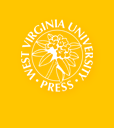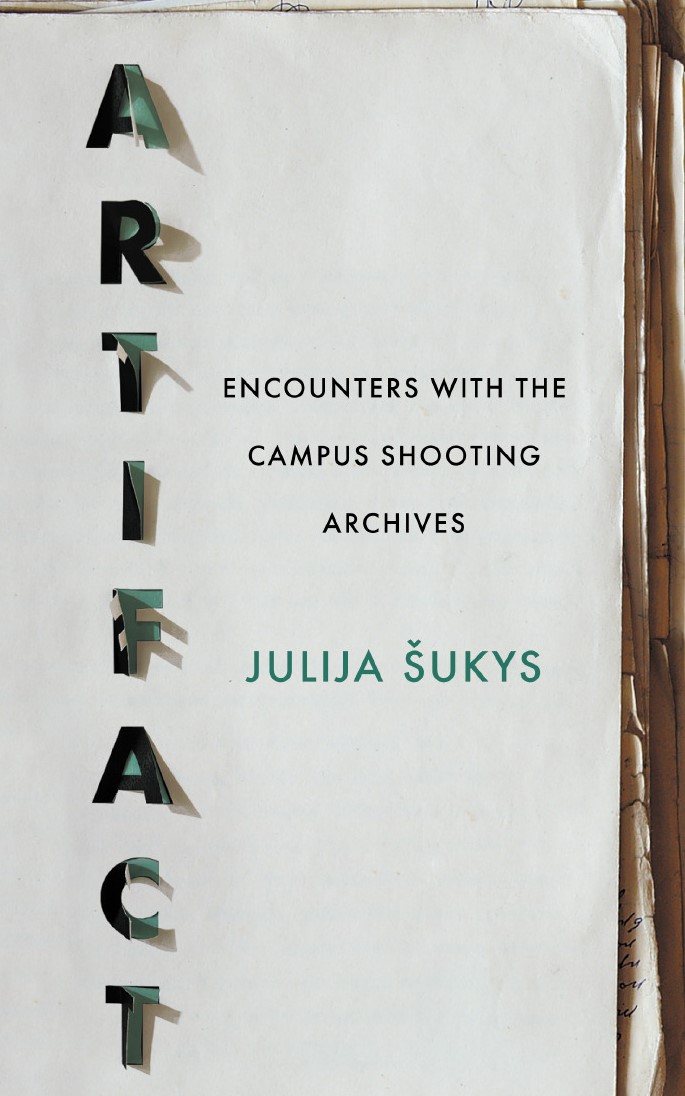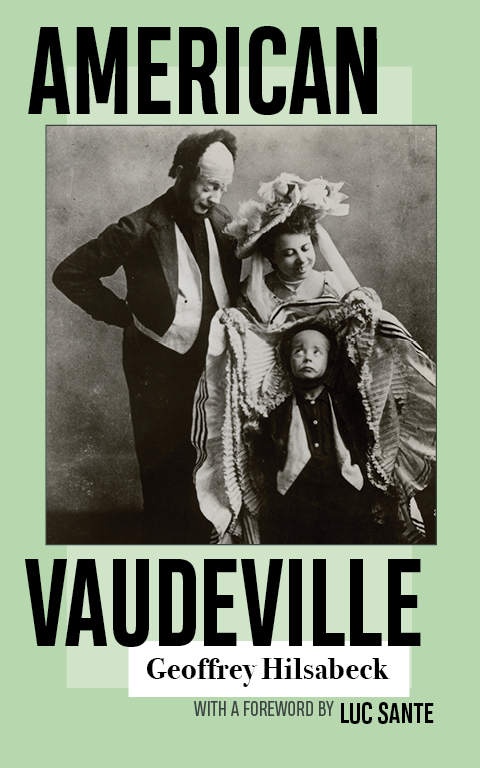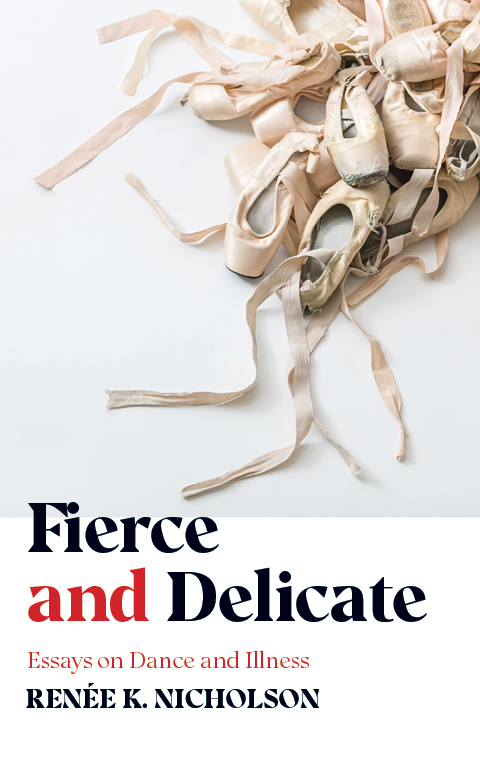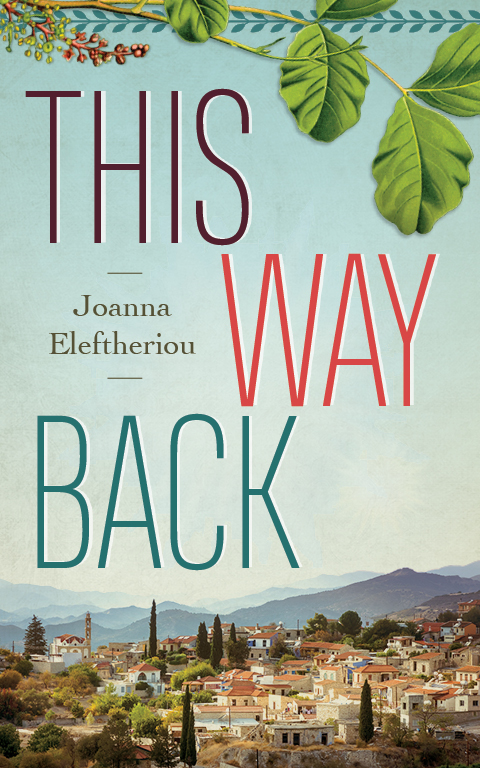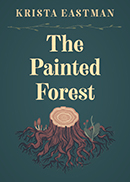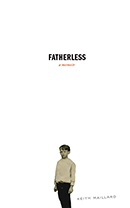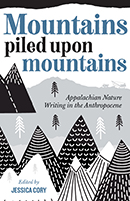Artifact
Encounters with the Campus Shooting Archives
Summary
Artifact is about the stories we tell ourselves after mass shootings. Each college campus shooting leaves a record: archival collections, monuments to the dead, government-led inquiries, internal university investigations, and lawsuits. Artifact: Encounters with the Campus Shooting Archives seeks to understand university and college campus shootings that involve students and faculty of those institutions. The book examines the aftermaths of such attacks by moving between university archives, memorials to victims, conversations with survivors, and beyond.
Julija Šukys examines a series of five North American university and college campus shootings between 1989 and 2015: the École Polytechnique in Montreal, Concordia University in Montreal, Virginia Tech, University of Alabama–Huntsville, and Umpqua Community College in Roseburg, Oregon. These attacks involved students and faculty as both victims and perpetrators—that is, all the shooters were either faculty members or (in one case, would-be) students of the institution where the killings took place.
Šukys arrives at each site long after the killings have taken place: by now, the teddy bears, flowers, and crosses have been cleared away. Prying journalists are long gone. She sorts through myriad objects left at makeshift memorial sites. She talks for hours with a professor who survived an attack only because her colleague’s gun jammed as it was pointed at her head. She wanders and documents the reconfigured buildings made unrecognizable after the horrors that occurred within them. She reads tedious court transcripts, officious government-commissioned reports, and a troubling memoir written by a shooter’s mother and sifts through the mathematics papers that one campus shooter publishes from his prison cell.
Artifact weighs what it means to live in a place where students and their teachers are gunned down on a seemingly regular basis. It asks how we can continue to learn, teach, and live when nothing changes in response to these deaths. It attempts to speak into silence, to look at the pain of those who have come through trauma, and to meet their gazes without platitudes or triumphalism. The result is a searching book about care, memory, forgiveness, and survival.
Contents
Acknowledgments
Scope and Contents
Box I: A Record of Violence
SERIES 1
Box II: 1989, L’École Polytechnique de Montréal (Montreal, QC)
Folder 1. Winter Storm
Folder 2. Monuments
Box III: 1992, Concordia University (Montreal, QC)
Folder 3. Trapped
Folder 4. Truthtellers
SERIES 2
Box IV: 2007, Virginia Tech (Blacksburg, VA)
Folder 5. Insiders/Outsiders
Folder 6. Root
Box V: 2010, University of Alabama (Huntsville, AL)
Folder 7. Vengeance Weapon
Folder 8. Forgiveness
SERIES 3
Box VI: 2015, Umpqua Community College (Roseburg, OR)
Folder 9. Timber Country
Folder 10. Bloom
Box VII: A Different Testimony
Notes
Works Cited
Index
Author
Julija Šukys is associate professor of English at the University of Texas, Austin, where she teaches the writing of memoirs, autobiographical writing, essays, and archival research methods. She is the author of Siberian Exile: Blood, War, and a Granddaughter’s Reckoning (University of Nebraska Press, 2017), Epistolophilia: Writing the Life of Ona Šimaitė (University of Nebraska Press, 2012), and Silence Is Death: The Life and Work of Tahar Djaout (University of Nebraska Press, 2007). Šukys holds a PhD in English from the University of Toronto.
Reviews
“But while despairing for change marks the concern for Artifact, despair is not the point. Šukys works through campus shootings to uncover the details of what happened, how it happened, even probing why it happened. Šukys digs into the archives of the event to find research, but also to secure the main motif of the book: If there is any hope that these shootings will stop, we can’t turn away from the situation. We need to dig deep into both the event and into the culture that allowed it to happen. The archives become a metaphor for how we might acknowledge, see, even experience in our own bodies, the causes and effects of these mass killings.”
—Nicole Walker, author of Processed Meats: Essays on Food, Flesh, and Navigating Disaster (Torrey House, 2021); Sustainability: A Love Story (Mad Creek Books, 2018); Egg (Object Lessons Series, Bloomsbury, 2017); and Micrograms (New Michigan Press, 2016). She is professor of English and MFA program director at Northern Arizona University.
“An elegant mixture of the personal and the historical. Šukys’s engaging journey invites the reader to feel the pull of the archive, and the many twists and turns of the search.”
—Philip Nel is author of How to Draw the World: Harold and the Purple Crayon and the Making of a Children’s Classic and is University Distinguished Professor of English at Kansas State University
Sukys
